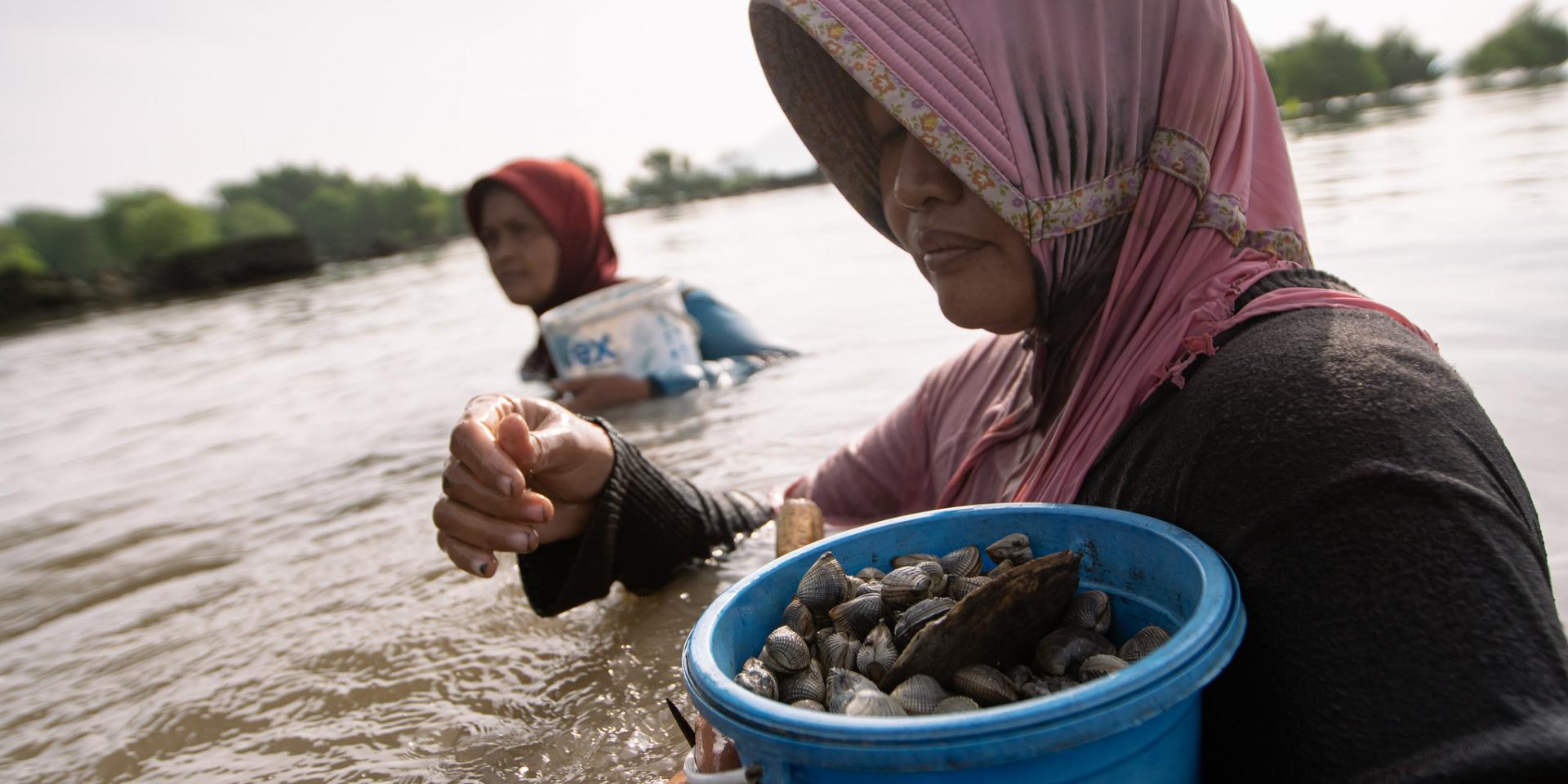Addressing gender equality in climate change adaptation and mitigation in agriculture

The course aims at facilitating the exchange of promising approaches, tools and good practices that can be used by parliamentarians and policymakers to support the design and implementation of sustainable and gender-transformative climate policies and legislations to advance gender equality and empower women and youth in the agriculture and food security sectors.
This course is in English
What will you learn?
- The methods of collection and analysis of sex-disaggregated data for supporting the planning and implementation of gender-responsive agricultural policies.
- The different contributions of women and men in planning the response to climate change.
- The steps for the integration of gender issues in climate-related policies and investments.
- The role that governments can play in empowering women and girls.
What resources do you need to do it?
This course runs on the latest versions of the major browsers, such as Google Chrome, Microsoft Edge, Mozilla Firefox and Apple Safari.
The course opens in a separate popup window. If this does not happen, a popup blocker in the browser is probably preventing it from opening and you will need to disable popup blockers for this site. Please read the following instructions on how to do this.
More about this training
This course is part of the series “Gender equality in climate change and agrifood systems”. Before starting the course, take a look at the introduction to the series for a brief overview of the topics and concepts covered in the series.
This course is targeted to individuals involved in the design and implementation of climate negotiations, policies, plans and strategies in the agriculture sector, working at various levels, with the goal of fostering gender-responsive and inclusive approaches in their work. This includes parliamentarians, government officials, policymakers, climate negotiators, environmental professionals, gender specialists, researchers, non-governmental organization (NGO) staff, and other stakeholders working in the field of climate change adaptation and mitigation in agriculture. Overall, the course targets individuals who are directly involved in shaping climate policies and strategies, as well as those who work to implement them at various levels, with the goal of fostering gender-responsive and inclusive approaches in their work.
Digital certification
This course offers certification. You will get your digital badge upon passing a final exam after completing the course and achieving a grade of at least 75%.
Access now
https://elearning.fao.org/course/view.php?id=1044